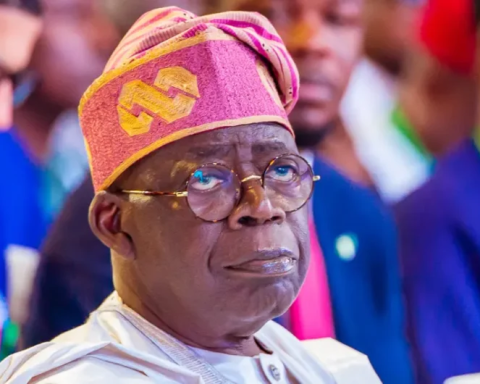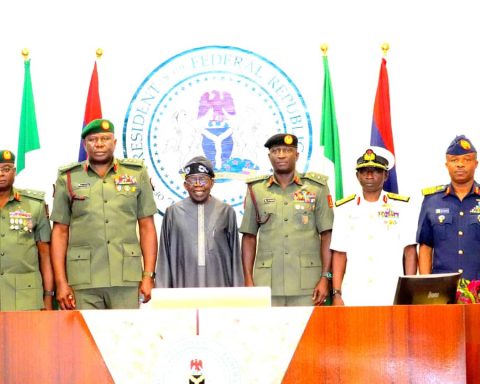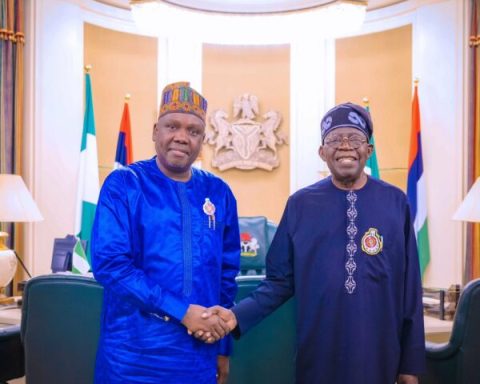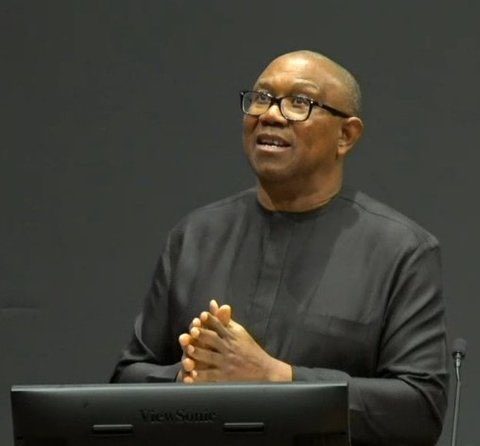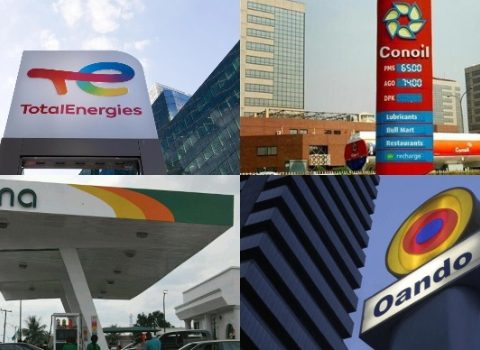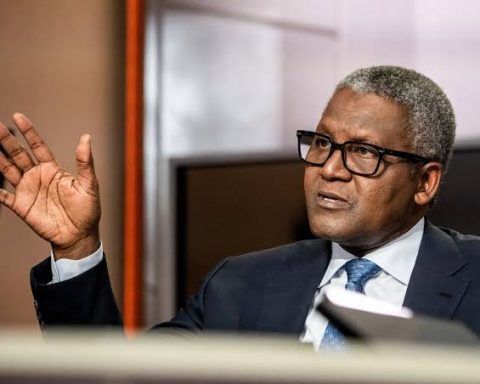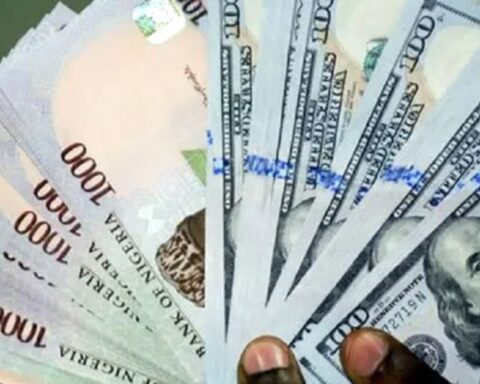Economic Reforms: A Double-Edged Sword
Nigeria’s recent economic reforms, championed by President Bola Tinubu, have sparked a nationwide debate about their effectiveness and long-term impact.
Described by government officials as “shock therapy,” these reforms—particularly the removal of fuel subsidies and the floating of the naira—were intended to pull the nation out of its economic slump. However, as the dust settles, it becomes evident that the reforms have pushed many Nigerians into deeper poverty and hardship.
Join our WhatsApp ChannelNigerians have felt that the reforms have failed to address the core issues plaguing the economy. “In the long run, we are all dead,” the famous words of economist John Maynard Keynes, echo in the minds of millions of Nigerians who are battling hunger, inflation, and joblessness today—not in some distant future.
The Impact of Economic Reforms on Ordinary Nigerians
The economic reforms, while intended to stabilise Nigeria’s faltering economy, have instead dismantled the livelihoods of many citizens. The removal of fuel subsidies and currency reforms were implemented hastily, without addressing fundamental economic issues such as foreign exchange inflows, export capacities, or inflation control.
As a result, inflation has surged to a three-decade high, businesses are closing, and the naira continues to depreciate. Foreign investors, alarmed by the deteriorating economic conditions, are pulling out of the country at an alarming rate.
One Nigerian business owner, struggling to keep his doors open, expressed his frustration: “These economic reforms were supposed to help us, but they have only made things worse. The cost of doing business is too high, and the naira’s value is dropping every day. We can’t survive like this.”
Nigeria’s economic challenges are further compounded by a leadership that seems detached from the struggles of ordinary Nigerians. President Tinubu’s economic blueprint appears disconnected from the reality on the ground, where many Nigerians now live in subhuman conditions. Rising prices and shrinking incomes have driven many into despair, while those who benefited from the previous subsidy regime continue to enjoy their ill-gotten gains.
READ ALSO: Tinubu Lacks Ideas On How Best To Implement His Economic Reforms – Atiku
“The government talks about tough love, but what they’ve done is reckless,” said a frustrated Lagos resident. “They’ve made our lives harder, and they don’t seem to care.”
Economic Reforms and the Manufacturing Sector
The manufacturing sector, once a cornerstone of Nigeria’s industrial growth, has been hit particularly hard by the economic reforms. Sky-high interest rates and persistent dollar shortages have affected industries, leading to widespread job losses and reduced production capacity. The once-thriving sector now faces an uncertain future, with many companies on the brink of collapse.
The new minimum wage of N70,000 ($44.00), touted by the government as a measure to alleviate poverty, has been criticized as grossly inadequate. According to SBM Intelligence, this amount barely covers the cost of a single pot of Jollof rice, a stark indicator of the government’s disconnect from the realities faced by ordinary Nigerians. Worse still, only 17 percent of the workforce will benefit from this wage increase, leaving the vast majority of Nigerians trapped in a cycle of poverty and insecurity.
Leadership Failures in Implementing Economic Reforms
Nigeria’s economic woes are not just the result of poor policy choices; they are also a reflection of a profound failure of leadership.
This failure is most evident in the government’s handling of national protests and dissent, particularly the #EndBadGovernance protests, which were born out of frustration with government excess and economic hardship. The protests were met with brutal force, further alienating the populace and deepening the mistrust between the government and the people.
“The government’s response to our cries for help has been to silence us,” said an activist involved in the #EndBadGovernance movement. “They don’t listen to us; they just try to shut us down.”
This lack of empathy for the suffering of ordinary Nigerians is evident in the administration’s continued profligacy, even as the nation faces a deepening fiscal crisis. The government’s promises of a brighter future ring hollow, obscuring the grim realities that millions of Nigerians face daily.
A Path Forward for Nigeria’s Economic Reforms
To pull Nigeria out of this economic quagmire, more than just slogans and cosmetic policy changes are needed. Real, meaningful reforms that address inflation, promote domestic manufacturing, and rebuild investor confidence are essential. Most importantly, the nation requires leadership that is not only capable of managing the economy but also genuinely cares about the well-being of its citizens.
“If the government doesn’t change course soon, these economic reforms will be remembered as the policies that broke Nigeria,” warned a concerned economist. “But it’s not too late. We can still make the necessary adjustments and steer the country in the right direction.”
For Nigeria to escape its current economic predicament, the government must take a more inclusive and pragmatic approach to reform. Policies that stimulate sustainable growth, curb inflation, and protect the most vulnerable are critical. The administration must act with urgency, recognizing that the window of opportunity to make meaningful changes is rapidly closing.
In the end, the success or failure of these economic reforms will not be determined by government rhetoric or political promises, but by the tangible impact they have on the lives of ordinary Nigerians. The time for action is now before the situation deteriorates beyond repair.



